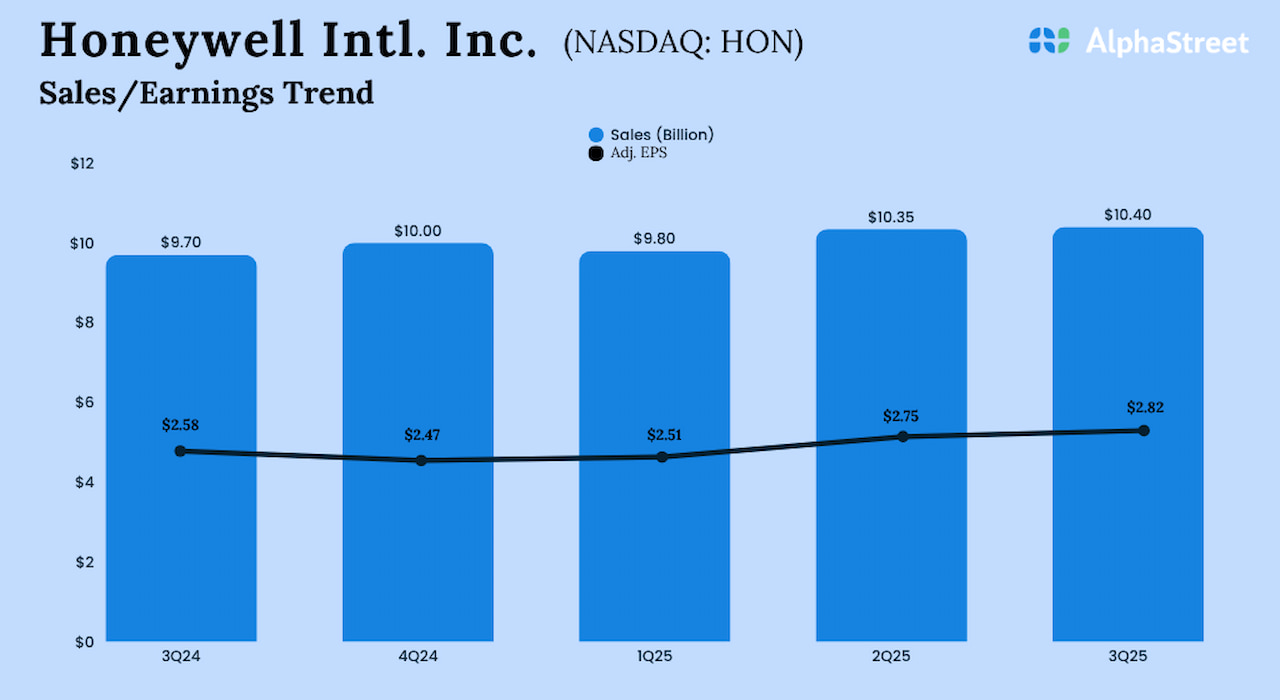The debate over Robert Triffin’s famous “dilemma” continues to animate policymakers and commentators. Stephen Miran, a leading economic advisor to Mr. Trump, in a November article revived the theme by arguing that the inelastic global demand for dollar-denominated assets imposes structural costs on the U.S. economy. Joseph Sternberg, in a recent column, by contrast, dismisses Triffin as a defunct economist whose predictions never materialized. Yet both approaches overlook the crucial fiscal dimension.
The real problem is not that the world uses the dollar as a reserve currency; if nothing else, it is a blessing, an “exorbitant privilege,” as it is called. The problem is that the United States consistently couples this privilege with persistent fiscal deficits. Once the fiscal factor is brought in, the so-called Triffin dilemma looks less like a natural inevitability and more like a policy choice.
Triffin originally argued that the Bretton Woods gold–dollar system was doomed. To supply the world with liquidity, the United States had to run external deficits, which would ultimately undermine confidence in dollar convertibility into gold. His reasoning was based on the assumption that the U.S. could never abandon gold convertibility. Yet Nixon’s decision in 1971 did exactly that, revealing the “dilemma” to be contingent, not inexorable. Triffin lacked the imagination—or perhaps the political realism—to foresee that the U.S. might decouple the dollar from gold and continue issuing liabilities without constraint.
Sternberg seizes on this point to discredit Triffin wholesale. But this is too harsh. The deeper insight—that reserve currency status interacts with domestic policy in ways that can create global imbalances—remains valid. What Triffin missed was the political willingness to jettison gold, and what Sternberg misses is the way fiscal policy drives the pathologies associated with the dollar system.
Miran argues that persistent foreign demand for safe dollar assets leads to chronic dollar overvaluation, weakening U.S. manufacturing and hollowing out industrial communities. He interprets the trade deficit as the mechanism through which the U.S. “exports” Treasury securities to supply the world with reserves. From this perspective, American deficits are not a vice but a structural necessity—a paradox that leads inexorably to twin deficits and eventual financial strain.
Yet Miran’s framework treats the fiscal stance of the U.S. government as an afterthought. He emphasizes the demand side (foreigners want dollars) while neglecting the supply side (the U.S. issues them through public deficits).
Contrary to those views, I would like to point out that there is no inherent need for perverse outcomes if the U.S. refrains from chronic fiscal deficits. Absent government dissaving, foreign demand for dollar assets would not automatically translate into unproductive flows into Treasury bonds. Instead, it would take two healthier forms:
1. Private Capital Allocation. Foreigners seeking dollar-denominated assets would need to invest in American private enterprises. This would direct global savings toward productive investment—expanding capacity, innovation, and ultimately generating returns sufficient to repay creditors.
2. Cash Balances via Asset Exchanges. Alternatively, foreigners could accumulate dollars by selling assets to Americans, as occurred during the interwar gold exchange standard and in the early Bretton Woods period. In such cases, capital inflows did not require U.S. fiscal deficits but arose from cross-border asset reallocations.
These mechanisms disprove Miran’s claim that the Triffin dynamics necessarily trap the U.S. in permanent deficits. The pathology arises only when Washington runs structural fiscal imbalances, turning foreign demand for safe assets into a subsidy for public consumption rather than productive investment.
Sternberg is correct that Triffin’s original forecasts failed: the world did not collapse into deflation, and the dollar survived the end of Bretton Woods. But his dismissal overlooks the fiscal innovation that made this possible. The U.S. effectively replaced the gold anchor with its own deficit-financed debt as the backbone of the system. This worked, but only by turning the American public sector into the main consumer of the world’s savings—a development Triffin never envisioned.
The true “dilemma” is not an iron law of reserve currencies but a consequence of U.S. fiscal profligacy. If the United States balances its budget, global demand for dollar assets can be satisfied through private-sector channels that foster productive growth. It is only when the public sector runs persistent deficits that reserve demand translates into overconsumption and debt accumulation.
Thus, the way forward is not to lament Triffin’s logic or resign to Miran’s determinism, but to recognize the conditional nature of the problem. The U.S. dollar can remain the world’s reserve currency without imposing perverse outcomes—if, and only if, American fiscal policy avoids exporting its deficits to the world.
Leonidas Zelmanovitz, a Senior Fellow with the Liberty Fund, holds a law degree from the Universidade Federal do Rio Grande do Sul in Brazil and an economics doctorate from the Universidad Rey Juan Carlos in Spain.



























